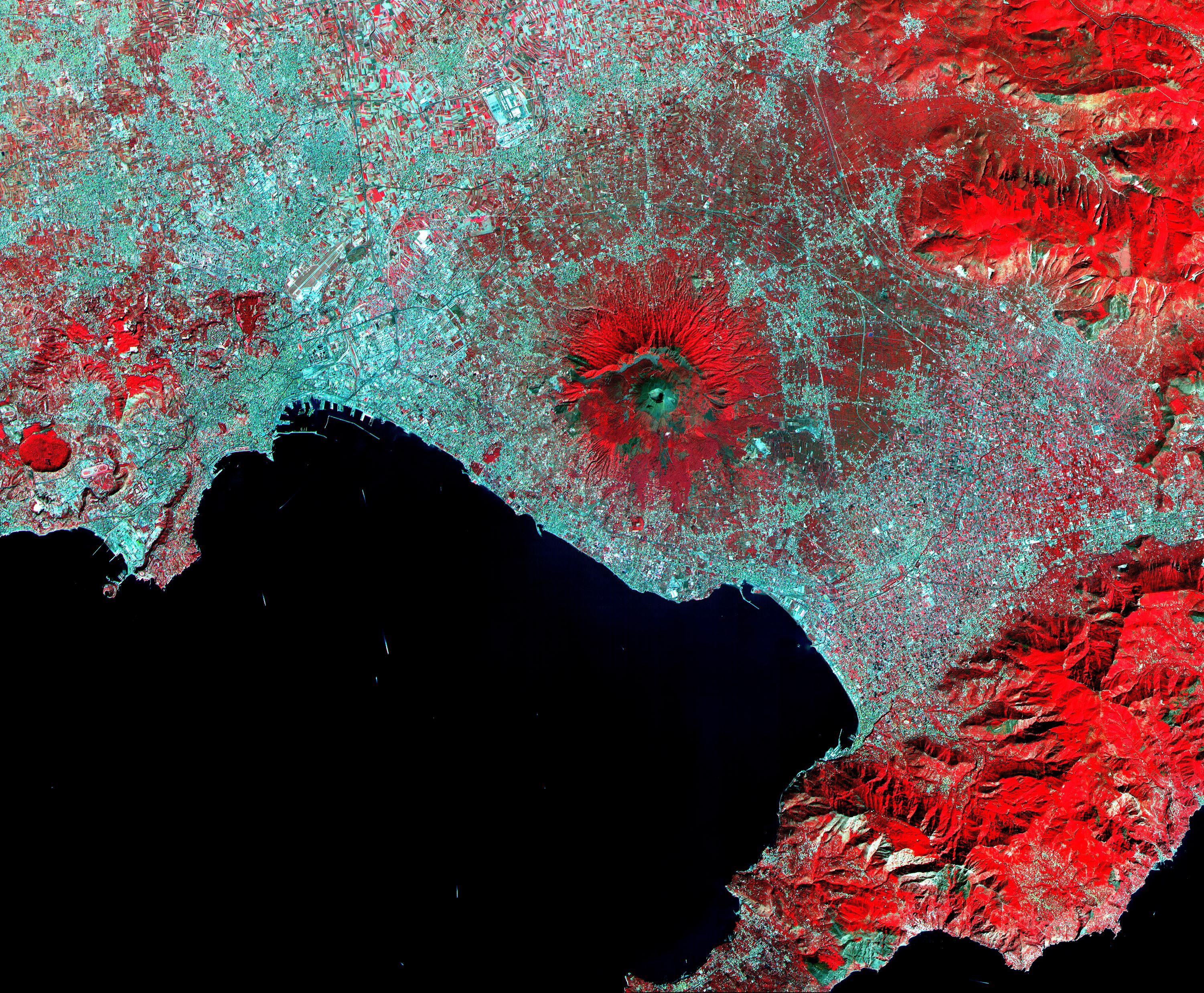As a young man—intoxicated with the beauty of earth life—I learned to love a certain bay, and a most beautiful ocean, and since coming to this plane, enraptured by the spirit, I saw amid the gorgeous hues of your combined auras, I have learned to love a lake.
The bay is the Bay of Naples—the ocean is the broad Atlantic—and the lake is the blue Lake of Ontario, loved by Walt Whitman.
As a young man on the physical plane, I loved all nature, but, more especially, some of the personalities I knew and recognised, as one here recognises a friend.
These personalities of nature I knew, as I knew Harriet, as I knew Byron, as I knew Keats.
Often, I would go into the forest—always near a lake if possible—lie down beneath a tree and allow its limbs to shade me from the sun—there, with a book lying on my bosom, I would drink in the beauty, philosophy, and wisdom of the greatest writers of time.
No matter how deep was my interest when on your plane in any question of philosophy, beauty, emotion, revolution, the dawn of that democracy referred to in the immortal lines of what I regard as one of the best pieces of my work—the chorus in the poem, Hellas,* when I wanted solace and serenity, I would creep to the shores of a lake—I would lie down alone on the sands, and there hear the music of the waters, as they sang their lullaby of rest—or a warlike encouragement to greater effort.
*Hellas—Chorus
The world's great age begins anew,
The golden years return,
The earth doth like a snake renew
Her winter weeds outworn—
Heaven smiles, and faiths and empires gleam
Like wrecks of a dissolving dream.
A brighter Hellas rears its mountains
From waves serener far—
A new Peneus rolls his fountains
Against the morning star.
Where fairer Tempes bloom, there sleep
Young Cyclades on a sunnier deep.
A loftier Argo cleaves the main,
Fraught with a later prize—
Another Orpheus sings again,
And loves, and weeps, and dies.
A new Ulysses leaves once more
Calypso for his native shore.
Oh, write no more the tale of Troy,
If earth Death's scroll must be!
Nor mix with Laian rage the joy
Which dawns upon the free—
Although a subtler Sphinx renew
Riddles of death Thebes never knew.
Another Athens shall arise,
And to remoter time
Bequeath, like sunset to the skies,
The splendour of its prime—
And leave, if nought so bright may live,
All earth can take or Heaven can give.
Saturn and Love their long repose
Shall burst, more bright and good
Than all who fell, than One who rose,
Than many unsubdu'd—
Not gold, not blood, their altar dowers,
But votive tears and symbol flowers.
Oh, cease! must hate and death return?
Cease! must men kill and die?
Cease! drain not to its dregs the urn
Of bitter prophecy.
The world is weary of the past,
Oh, might it die or rest at last!
My mysticism, as a poet in earth-life, spoke in poems to lakes, rivers and bays.
When I wanted to speak, as a master of living beauty, with the delicate, ethereal, angelic touch that was Shelley's, I would go to the Bay of Naples, and there, as the sun sank down on the bosom of that bay were reflected tints that even a Tintoretto did not dream of in his most ethereal moments.
When dreams wrapped the soul in a shroud of ravishing beauty, I would see there—reflected in the bay—colours, which it was my portion in life to paint.
I have been able to take these reflected tints and paint the ideas thereby inspired in immortal language.
You read tonight some lines from Queen Mab—
Those lines, for instance, on death—
They were inspired in me by the Bay of Naples.
One could not look on Vesuvius—
One could not be in the mood of such serene beauty, as is Naples, and her crowning glory, the Bay, without thinking of the theme of death, and so Queen Mab sprang into being.
There, I saw boundless energy—a million Gibraltars focused before my eyes in the glorious Atlantic, as it heaved upward and forward in perfect time with cosmic energy.
The ocean teaches me something of science—something of the depth of inspiration—something of the very soul of God.
It mirrors for me all fancy—all imagination—all beauty.
It is the combined result of all the deep thought and inspiration of a God.
One shall not doubt immortality when one has crossed but a portion of an ocean.
And now I come to the blue waters of Lake Ontario that I have seen from this plane—of which Walt Whitman has so eloquently written.
On the shore of the blue waters of Lake Ontario nestles the city whose bosom bears an Indian name, and if I were permitted to vibrate to your plane another poem, or if I reincarnated and came down to earth again, I would write another Indian Serenade—
This time to a city whose domes and cathedrals are worthy of this plane.
While on earth, one of the characteristics, which I loved about myself was the quiet femalelike stillness that came over me when I thought about great eternal things—before I leapt and grappled with them, and got their very soul, placing it deeply in lines of inspired poetry.
One of the things that the Divine ordained should be the gift of Percy Bysshe Shelley was that he should understand the beauty of a thing, as instantly as did Keats, and paint with that beauty all the divine lessons learned by having had the deepest and the most passionate love.
There are few poets in any age.
There have been but few poets in history.
There are few poets of this Twentieth Plane.
The poet is the rarest creation of the Divine.
A great poet must be a prophet—a seer—a musician—
The voice of the divine speaking with all the rhythm, metre, polish and finish of language.
He must as well be the focal point to which all the arts and sciences have been directed.
He is the mirror, reflecting the highest aspiration and thought of any plane, and such a being I was.
Tonight, in order to give you evidence that this is the poet once called Shelley, I have talked with feeling, emotion, the philosophy of beauty, experience of things eternal and divine.
One thing, I will refer to before I go.
In this city whose bosom bears the Indian name, there are several groups of people who keep green in their memory the history of Percy Bysshe Shelley.
One of these is in your room tonight.
I appreciate all who ever read the lines I wrote, for these lines do not belong to me—they did not come from me—I was but the humble instrument that penned these lines given to me by the eternal Source of all knowledge.
This is my confession.
—Spirit Shelley
.jpg)
.jpg)
.jpg)
.jpg)
.jpg)
.jpg)
.jpg)
.jpg)

.jpg)
.jpg)
.jpg)


_Star-Forming+Pillar+of+Gas+and+Dust+NASA,+H.+Ford+(JHU),+G.+Illingworth+(UCSC+LO),+M.Clampin+(STScI),+G.+Hartig+(STScI),+the+ACS+Science+Team,+and+ESA.jpg)





No comments:
Post a Comment